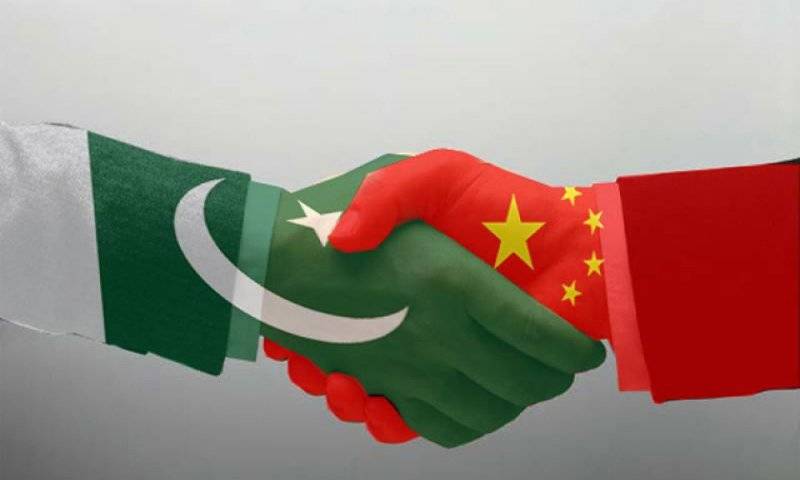The National Assembly acting speaker constituted a bicameral parliamentary committee to oversee the multibillion-dollar China-Pakistan Economic Corridor (CPEC). Recent reports in the news suggest that the government may not able to evolve consensus of all political forces on the CPEC, as the MQM will not be participating in these meetings. The parliamentary committee has representation of 11 political parties and an independent National Assembly member from the Federally Administered Tribal Areas (Fata).
If there is a feeling, among any political parties, that they were not heard, or were not on-board with the Chinese investment, they need to check themselves. At the time when China had willed Pakistan millions of dollars of investment, all the parties were in. The decision to constitute the committee was taken during an all parties’ conference (APC) convened on May 28 this year for the sole purpose of developing a consensus.
If any party had a problem, they should have disagreed last year. It is time now to plan. Though minor problems will arise of course, the parliamentary committee should be able to sort these out. This is not the time for any major objections. To turn the CPEC into a contentious issue now will amount to sabotage. Making a prized project of the PML-N controversial will only be payback for the pressure on it in Karachi, if the MQM or any other party want to go down that road. The truth is that the MQM cannot attend the committee meetings, due to its own wilful resignations. This must not be seen as a lack of consensus. The parliamentary committee has representation of 11 political parties and an independent National Assembly member from the Federally Administered Tribal Areas (Fata). The 11 parties include the MQM.
The CPEC may not be the best solution that we have, but it is a possible one. We don’t have a lot of options when it comes to international investment. We don’t even have enough friends in the outside world. China cannot be alienated and neither can we afford to lose thousands of potential jobs and potential infrastructure development.






